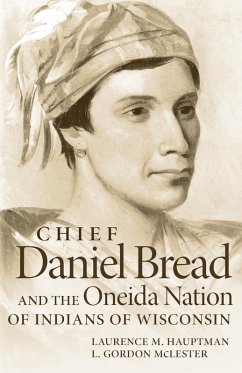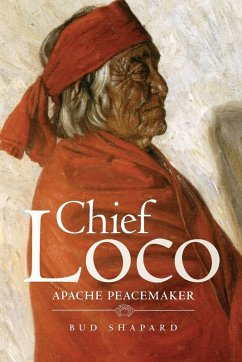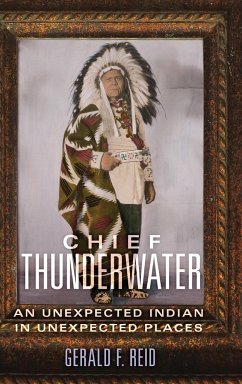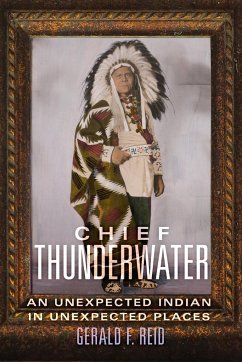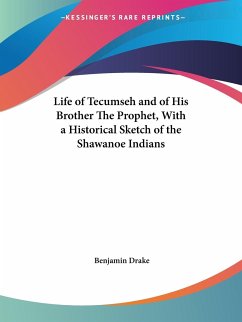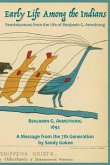Chief Daniel Bread (1800-1873) played a key role in establishing the Oneida Indians' presence in Wisconsin after their removal from New York, yet no monument commemorates his deeds as the community's founder. Laurence M. Hauptman and L. Gordon McLester, III, redress that historical oversight, connecting Bread's life story with the nineteenth-century history of the Oneida Nation. Bread was often criticized for his support of acculturation and missionary schools as well as for his working relationship with Indian agents; however, when the Federal-Menominee treaties slashed Oneida lands, he fought back, taking his people's cause to Washington and confronting President Andrew Jackson. The authors challenge the long-held views about Eleazer Williams's leadership of the Oneidas and persuasively show that Bread's was the voice vigorously defending tribal interests.
Bitte wählen Sie Ihr Anliegen aus.
Rechnungen
Retourenschein anfordern
Bestellstatus
Storno

